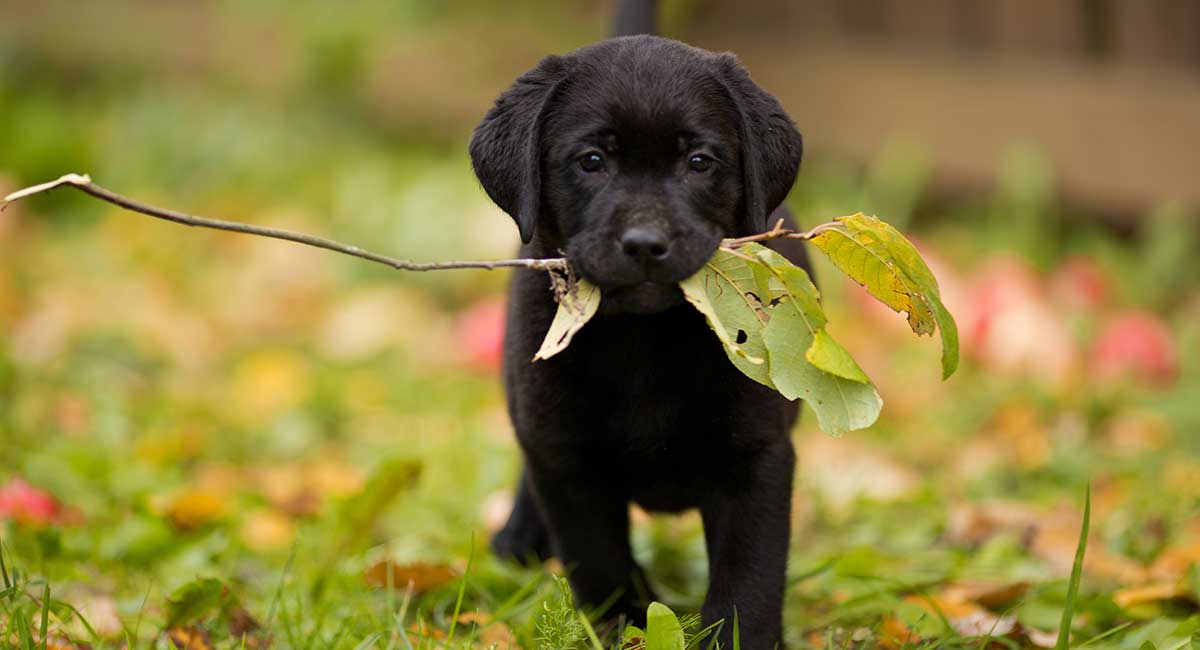The Labrador Retriever has been the top choice for dog lovers in the United States and beyond for many years. Personally, I have had the pleasure of raising and training Labradors for a significant amount of time, and my household just wouldn’t feel complete without one. Labradors are specifically bred to possess qualities such as loyalty, calmness, and kindness. Their traditional working background has given them the stamina and determination to excel in various tasks. As a result, Labradors have become beloved companions both in our homes and out in the field. Labrador Retrievers have proven themselves to be versatile pets, excelling as show dogs, working dogs, therapy dogs, service dogs, and hunting partners. These dogs are highly food-motivated, making them a joy to train using modern dog training techniques. While they may be a handful during their adolescent years due to their exuberance and strength, Labradors are known for their active nature and cooperative demeanor. With the right time and effort, you can guide your Labrador’s energy in a positive direction. I have put together a variety of resources to help you enjoy the experience of raising your Labrador Retriever. From their personality and physical traits to grooming tips, diet recommendations, and training advice, I cover it all. These dogs typically have a medium-sized stature, a shedding coat, floppy ears, and soulful eyes. They possess a gentle yet intelligent nature, requiring plenty of attention, training, and affection. Your Labrador Retriever will thrive with regular exercise and training. Expect some shedding around the house, but consistent grooming can help manage the issue. Through training and socialization, you can prevent common behavioral problems such as jumping, pulling on the leash, chewing, and separation anxiety. While your Labrador may not be a guard dog, they may alert you with a bark when visitors arrive.
Our stunning fox red Labrador Retriever has come up with an amusing game! The traits of your Labrador Retriever puppy can have both advantages and disadvantages when it comes to fitting in with your family, children, and lifestyle. I will provide advice on adopting, purchasing, raising, and taking care of your yellow, black, or chocolate furry friend. From nurturing your growing Labrador Retriever puppy to ensuring a healthy and content adult dog, you’ll discover how to boost their lifespan and maintain their fitness through proper diet, nutrition, and exercise. Additionally, I will aid you in selecting a Labrador Retriever from show or fieldwork lines, choosing the right coat color, and managing shedding. You will also be guided on how to train that energetic personality and those active breed traits of your Labrador Retriever into becoming the perfect family pet. What Are The Common Characteristics of Labrador Retrievers? Labrador Retrievers are beloved family pets, yet they have a rich history of being working dogs. Many pet Labs today still excel in various sports and activities due to their breeding to work harmoniously with their human companions. Their intelligence and willingness to cooperate make them an ideal choice for families.
Originating as sporting companions, Labrador Retrievers have a rich history that dates back to their humble beginnings. Initially used for tasks like diving from boats to retrieve nets and fish, these dogs were brought overseas by nobles, leading to the standardization of the breed as we know it today. Due to their original job requirements, Labrador Retrievers are known for their strength and athleticism. Their well-balanced physique, characterized by a broad head and long legs, reflects their ability to run long distances while carrying game and excel in water activities. Although show line pups may have a stockier build, working bred Labrador Retrievers typically maintain a leaner shape, reflecting their continued dedication to their original purpose.

Labrador Retriever Coat Colors! Labrador Retrievers come in three main solid colors – black, chocolate, and yellow, with black being the most common. While these are the official colors, Labs can also have variations such as fox red, golden, white, charcoal, champagne, and silver. These dogs have a wide range of shades and genetic diversity. Managing Your Labrador Retriever’s Shedding Grooming your Labrador is crucial as they shed a lot. To keep up with their shedding, be sure to invest in the right brushes, vacuum cleaners, and establish a regular cleaning routine. Despite their short coat, it’s recommended to brush your Labrador at least once a week to reduce shedding. Are Labrador Retrievers Hypoallergenic? No, Labrador Retrievers are not hypoallergenic. They produce dander in their coats and saliva, which can trigger allergies in sensitive individuals.

Characteristics of Labrador Retrievers Labrador Retrievers are famous for their friendly nature and love for human companionship. They usually do not display any signs of aggression if they are properly socialized and come from friendly parentage. Most Labs are known to be confident and amiable, although some may be prone to nervousness, so early socialization is crucial. One common issue that owners face with Labs is their over-enthusiastic and overly friendly demeanor. They tend to run off to greet strangers, jump up on people, and chew on things, posing challenges for some households. However, these behaviors can be addressed through consistent training from a young age. To manage chewing behavior, providing appropriate toys and distractions can be effective. Labrador Retrievers are well-suited for active families who can spend a lot of time with them or have suitable arrangements in place when away. Despite their generally good nature, Labs can be exuberant and accidentally knock over small children or elderly individuals. Ideally, Labs thrive in a home environment where someone is present most of the day and they receive regular training sessions and ample exercise. With the right guidance and care, Labrador Retrievers make wonderful pets.

Tips for Training Your Labrador Retriever! Thanks to their background as helpful work buddies, Labs are generally receptive to training. As long as you’re on the right track, that is! When it comes to motivating a Labrador, food is the way to go. While some dogs may be content with just praise, food is a surefire way to get your Labrador Retriever moving. Using positive reinforcement techniques is the standard among professional dog trainers nowadays, and it’s the most effective way to build a solid relationship and ensure your dog behaves well.

One of the most common health problems for Labrador Retrievers is inheriting diseases from their parents and being prone to certain conditions. However, most of these issues can be avoided through proper parental testing before breeding. It is important for potential puppy buyers to ask for evidence of health testing for hip and elbow dysplasia, Progressive Retinal Atrophy, and clear eye tests. Additionally, Labrador Retrievers are also at risk for cranial cruciate ligament disease and obesity. Feeding your Labrador Retriever is a crucial aspect of their care. It is recommended to provide them with high protein, high fat, and low carbohydrate food. The amount of food to be given should be based on the instructions provided by the specific brand, as this can vary. If your dog appears too skinny or overweight, you can adjust the amount accordingly to ensure they maintain a healthy physique.

Interested in getting a Labrador Retriever puppy? Good breeders of this popular breed often have waiting lists due to high demand. Reputable breeders prioritize the health of the puppies by health screening both parents, providing clear certificates for genetic conditions like PRA, recent eye tests, and good hip and elbow scores. They may have even tested for the dwarfism gene. A responsible breeder will gladly answer any questions regarding the parents’ temperament, activities like working or showing, and will have a strong bond with their dogs. They will also interview you to ensure you are the right fit for one of their puppies, asking about your lifestyle, where the dog will sleep, and your plans for training and exercise. On the other hand, adopting an older dog from a shelter can be a rewarding experience. You get to meet the adult dog, understand their personality, and ensure they will thrive in your home. It’s a great way to give a deserving pooch a second chance.





